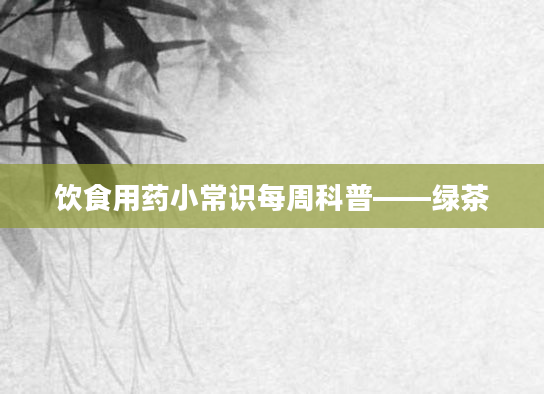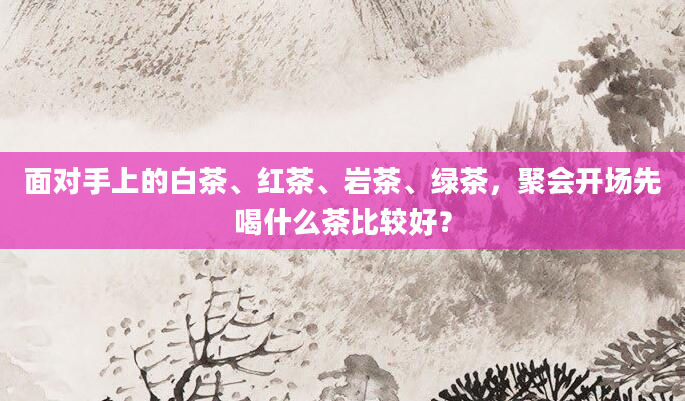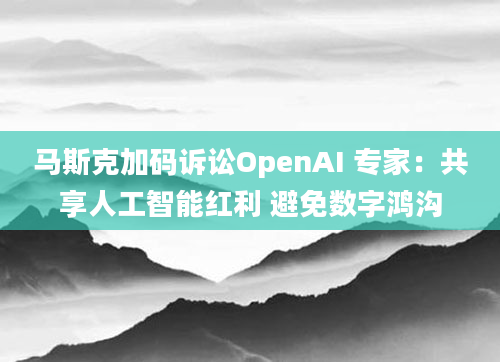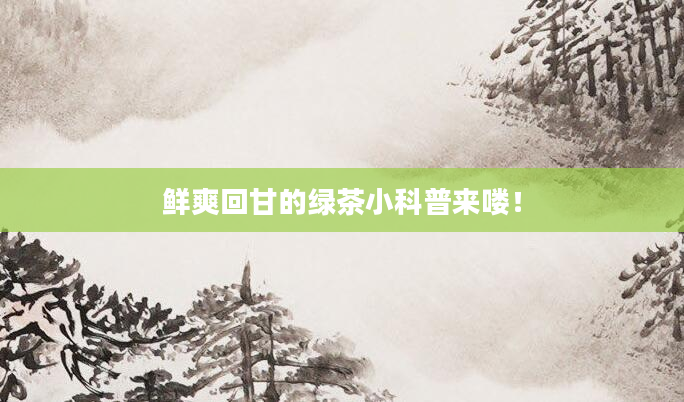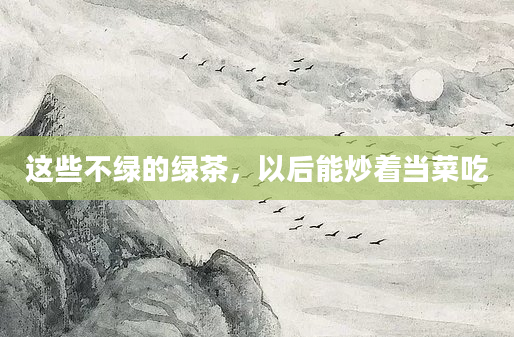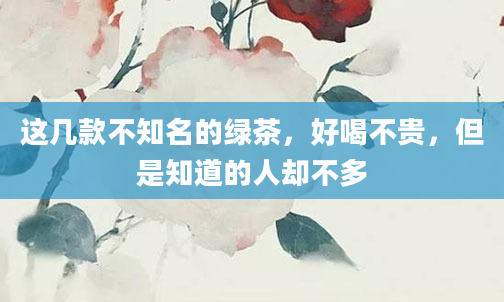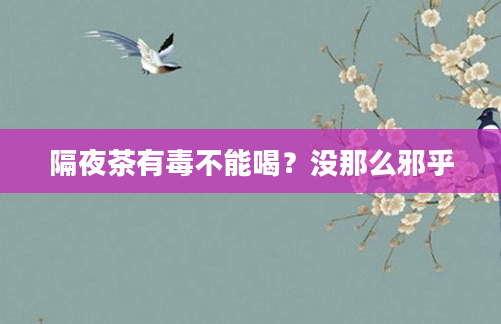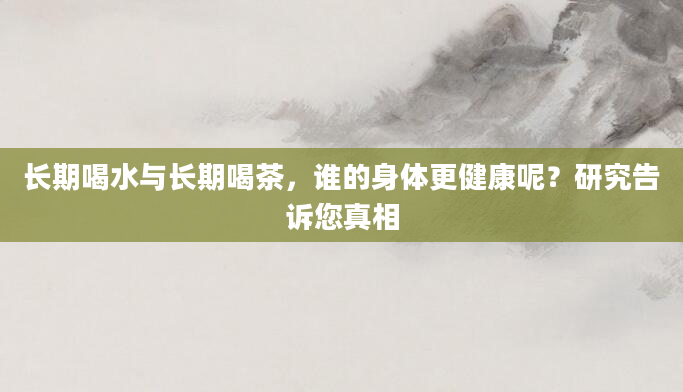The birthplace of tea culture, known as "茶文化的发源地" in Chinese, is a topic of great interest to many tea enthusiasts and historians worldwide. But how do you say "茶文化的发源地" in English? The correct translation is "the birthplace of tea culture." Understanding this term opens up a fascinating exploration into the origins and global influence of tea traditions.
The Birthplace of Tea Culture: China
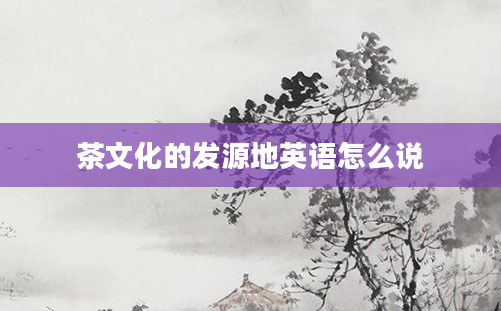
China is universally recognized as the birthplace of tea culture, with a history spanning over 4,000 years. Legend has it that Emperor Shen Nong discovered tea in 2737 BCE when tea leaves accidentally fell into his boiling water. This serendipitous event marked the beginning of China's long and storied relationship with tea.
The Spread of Tea Culture from China
From its origins in ancient China, tea culture spread across Asia and eventually the world. The Silk Road played a crucial role in introducing tea to neighboring countries like Japan and Korea, where it evolved into unique ceremonial traditions. By the 16th century, European traders brought tea to the West, creating new tea customs in Britain, Russia, and beyond.
Key Regions in China's Tea History
Several Chinese regions claim special significance in tea history:
- Yunnan Province - Considered the original home of wild tea trees
- Zhejiang Province - Birthplace of the famous Longjing (Dragon Well) tea
- Fujian Province - Origin of oolong and white teas
- Sichuan Province - Early center of tea cultivation and trade
English Terminology Related to Tea Culture
When discussing tea culture in English, these terms are essential:
- Tea ceremony - The ritualized preparation and serving of tea
- Tea cultivation - The process of growing tea plants
- Tea varieties - Different types like green, black, oolong, and pu'erh
- Tea masters - Experts in tea preparation and appreciation
Contemporary Significance of Tea's Birthplace
Today, China's status as the birthplace of tea culture continues to influence global tea trends. Traditional tea houses, modern tea festivals, and scientific research on tea's health benefits all trace their roots to Chinese traditions. Tea tourism has also grown, with visitors flocking to historical tea regions to experience authentic tea culture firsthand.
The term "birthplace of tea culture" carries immense historical and cultural weight, connecting modern tea lovers to their ancient heritage. As appreciation for authentic tea experiences grows worldwide, understanding this concept in both Chinese and English becomes increasingly valuable for cultural exchange and commerce.

